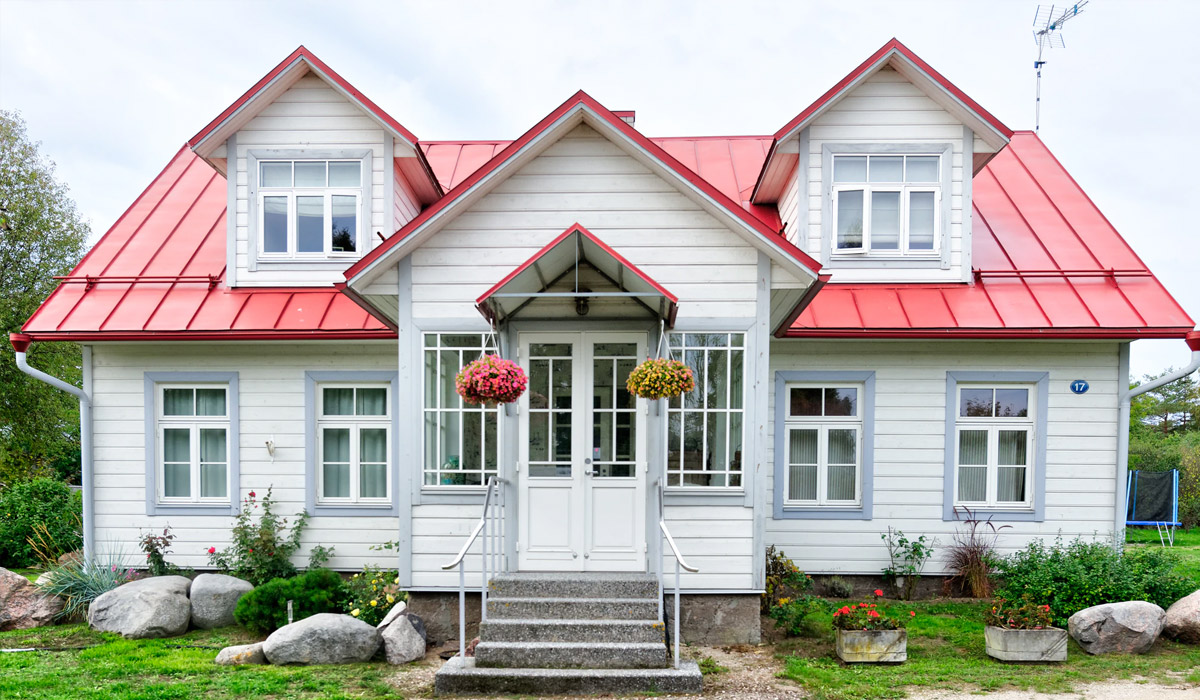Living in Miami is like living in paradise, with its year-round sunshine and beautiful beaches. However, this coastal environment comes with a hidden challenge for homeowners: sea salt corrosion. In this comprehensive review, we’ll delve into the impact of sea salt corrosion on roofs and how to mitigate it.
Sea Salt Corrosion: The Invisible Threat
Sea salt carried by ocean breezes can accumulate on your roof over time, leading to a phenomenon known as salt corrosion. This corrosion can cause significant damage to your roof, affecting its lifespan and structural integrity. It’s a slow, silent process, and by the time visible signs appear, the damage may be extensive.
The Damaging Effects of Salt Corrosion
Salt corrosion primarily affects metal roofs, causing them to rust and deteriorate. But don’t be fooled; it’s not exclusive to metal. It can also harm other types of roofs by accelerating the aging process of roofing materials, leading to issues like discoloration, cracking, and leaks.
Increased Maintenance and Replacement Costs
Roofs affected by salt corrosion require more frequent maintenance and potentially costly replacements. These additional expenses can be a significant financial burden for homeowners in coastal regions like Miami.
Reduced Energy Efficiency
A roof damaged by salt corrosion can also impact your home’s energy efficiency. Corroded roofs are less effective at reflecting sunlight, causing your home to absorb more heat and putting more strain on your air conditioning system.
Combatting Sea Salt Corrosion
While you can’t stop the sea breeze, there are steps you can take to protect your roof from salt corrosion. Choosing the right materials is crucial. For instance, metal roofs made from aluminum or coated with zinc or a combination of zinc and aluminum offer excellent resistance to salt corrosion.
Regular Cleaning
Routine cleaning is another key strategy. By regularly washing your roof with fresh water, you can remove accumulated salt and reduce the risk of corrosion.
Regular Inspections
Regular roof inspections are essential for early detection of corrosion. An experienced roof inspector can identify signs of salt corrosion and recommend appropriate remedial actions.
In Summary
Sea salt corrosion is a hidden challenge for homeowners in Miami, leading to increased maintenance costs and reduced energy efficiency. However, with the right materials, regular cleaning, and routine inspections, you can mitigate its effects and protect your roof’s lifespan


